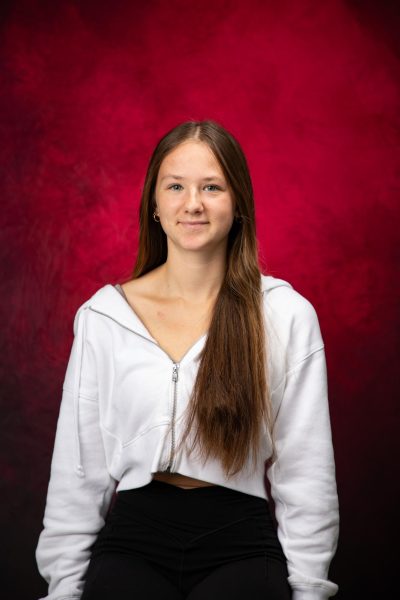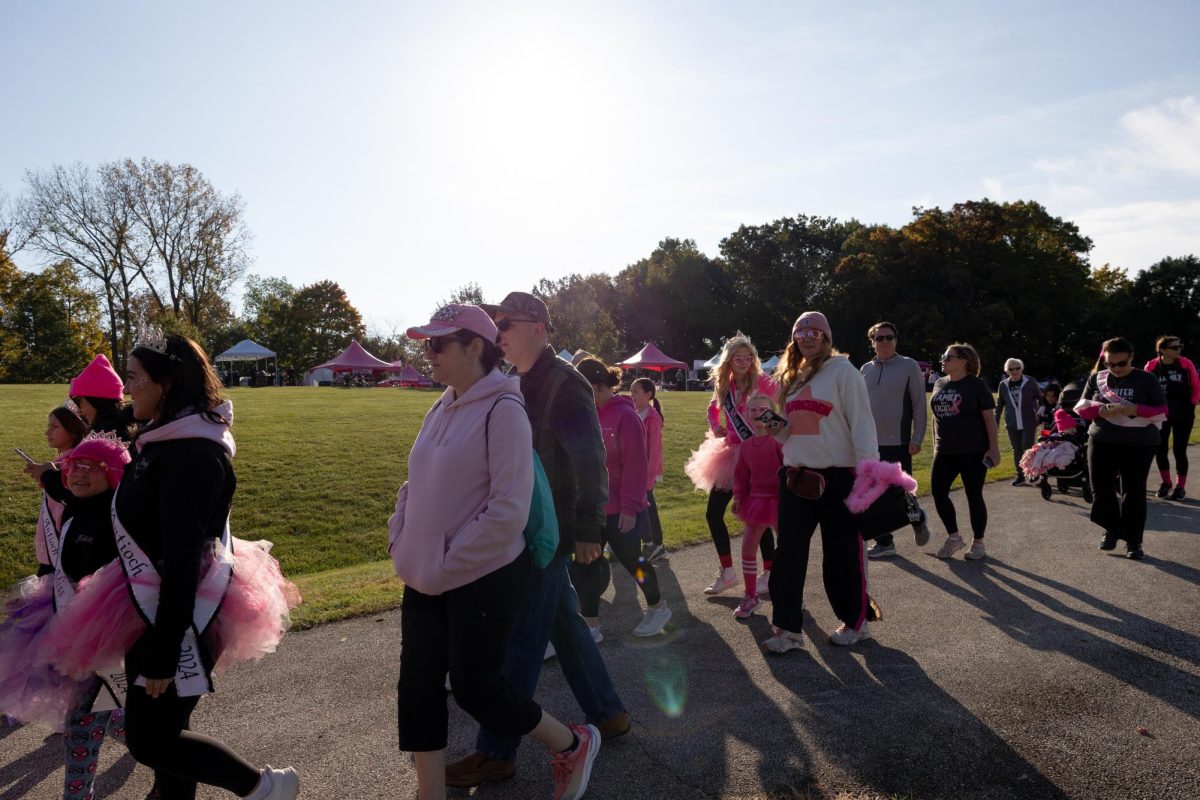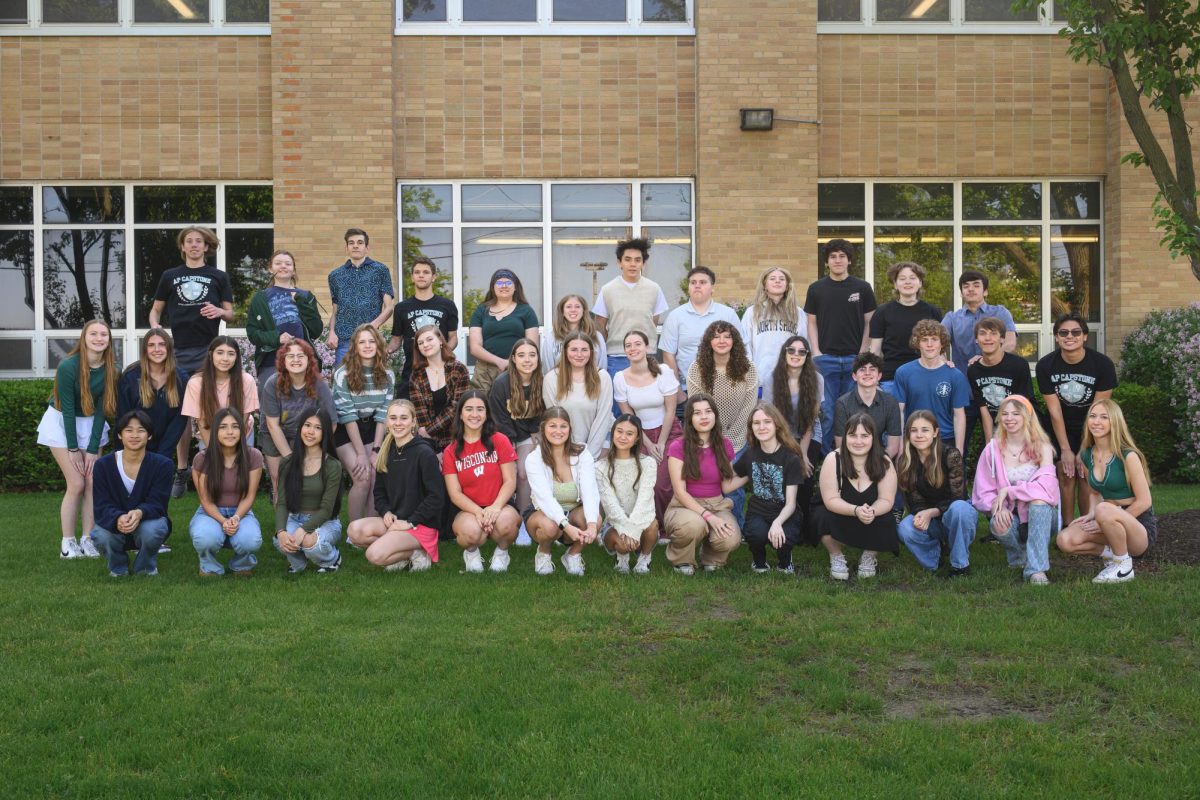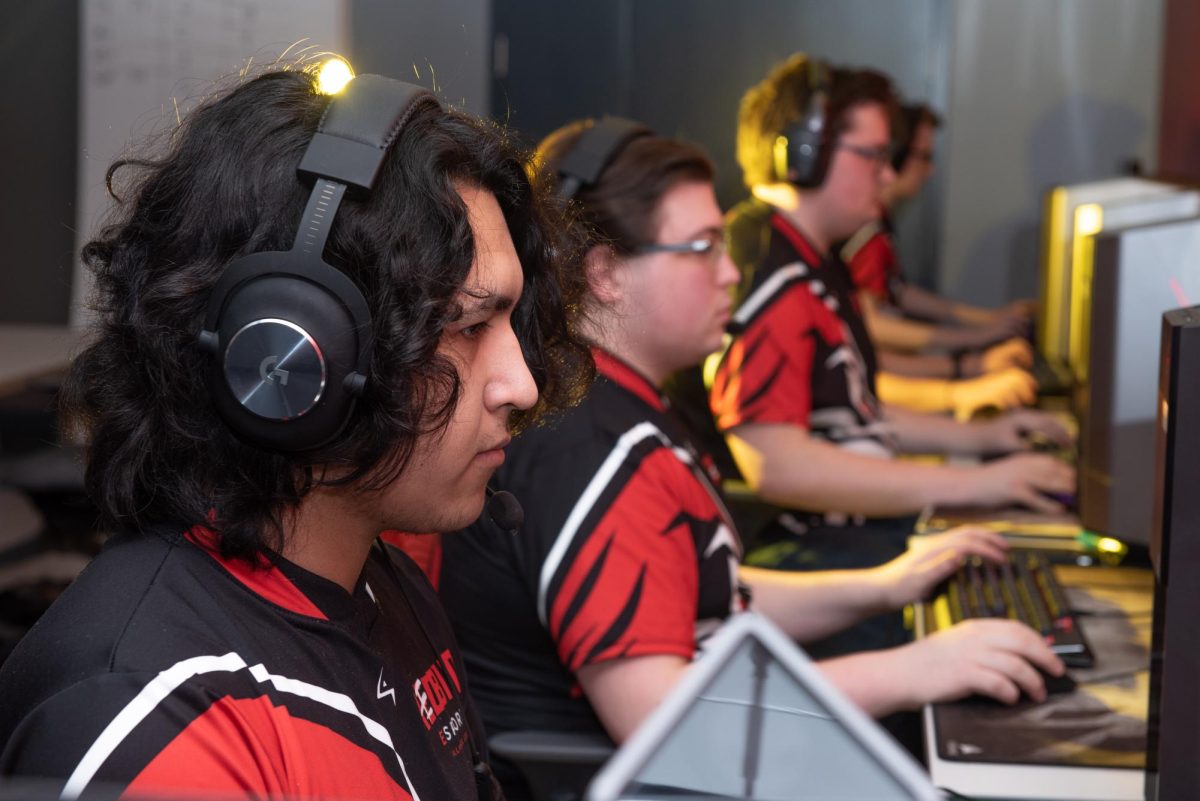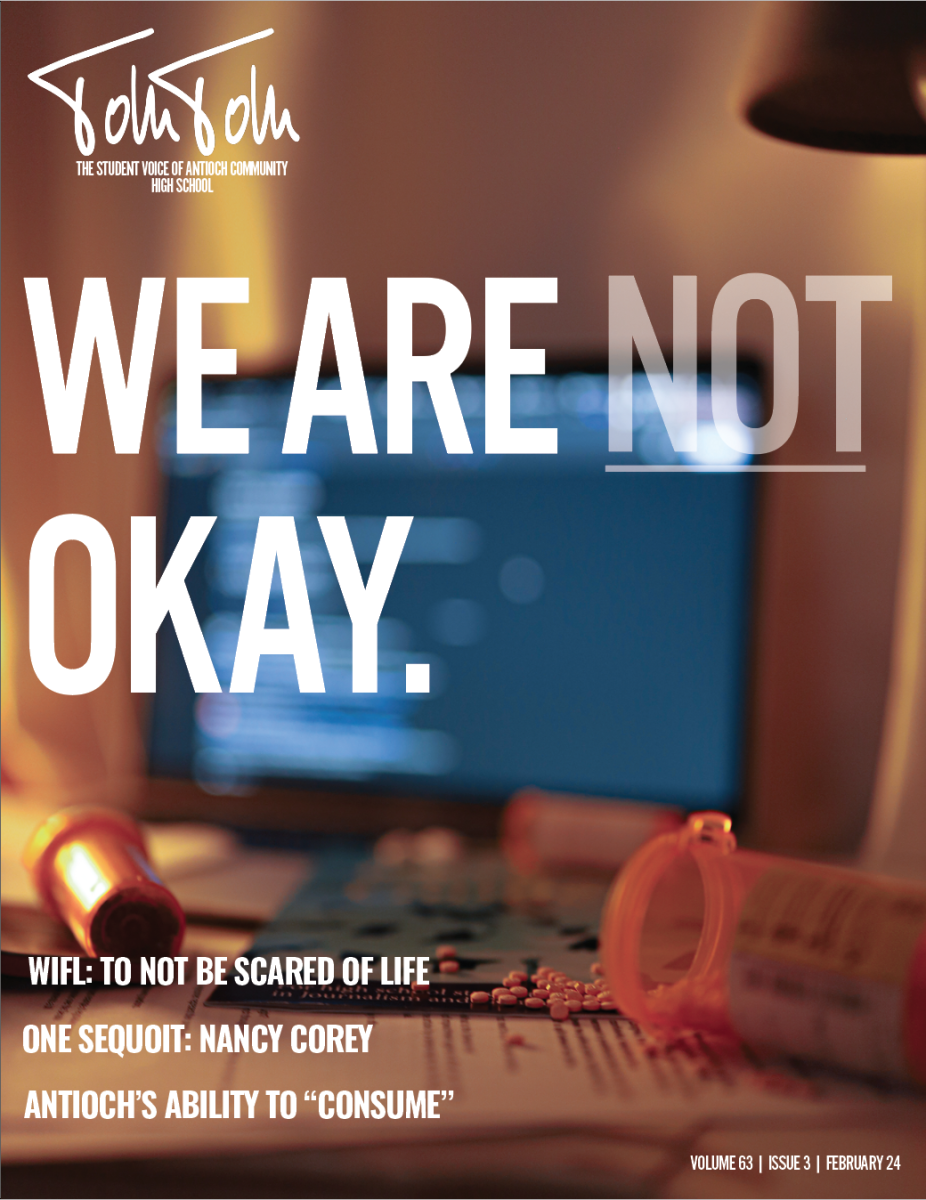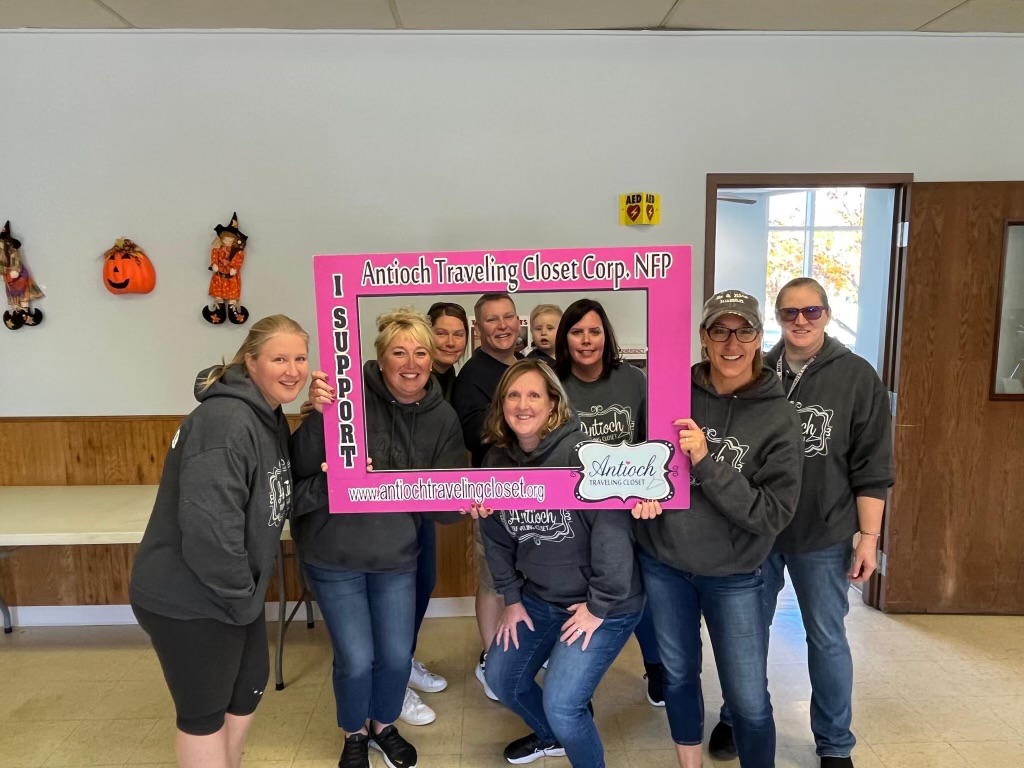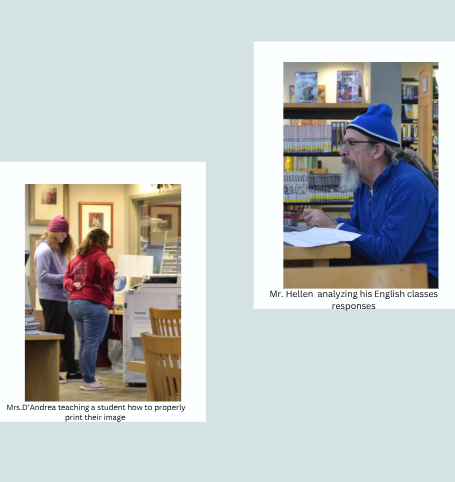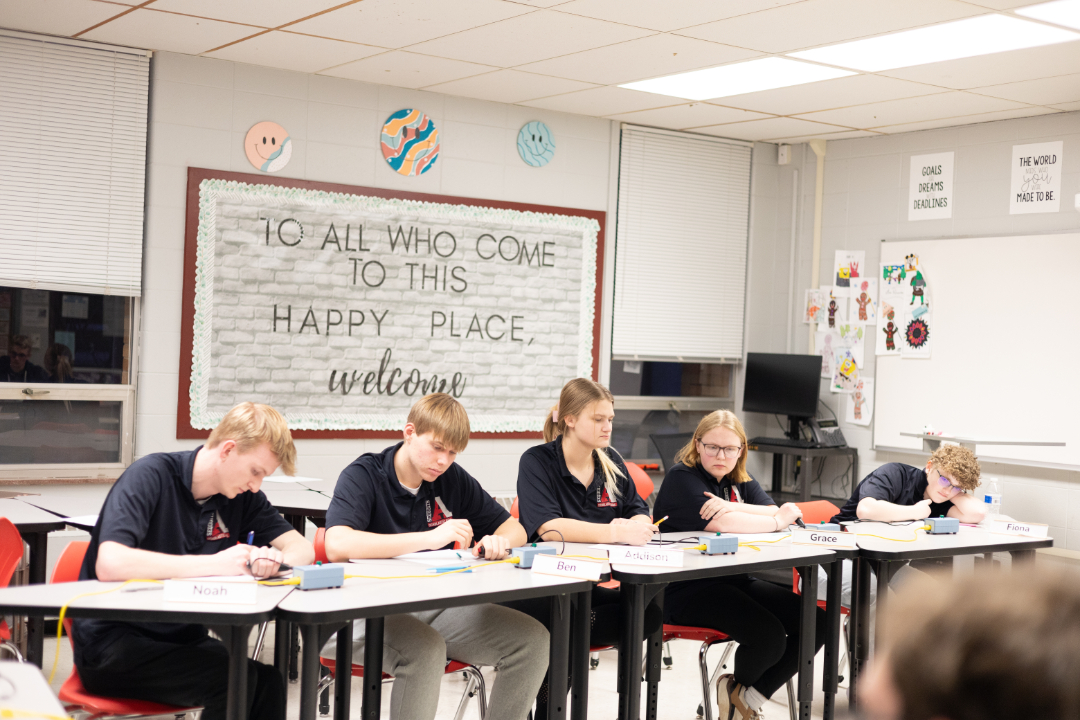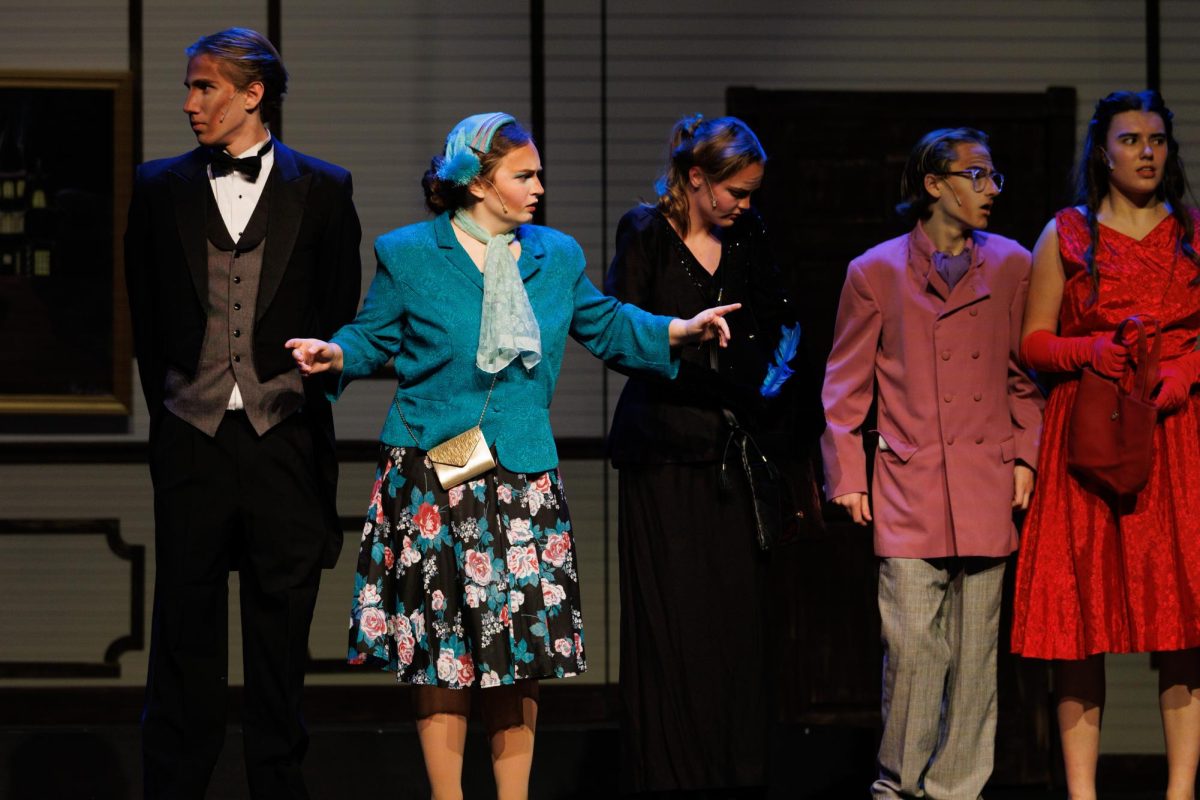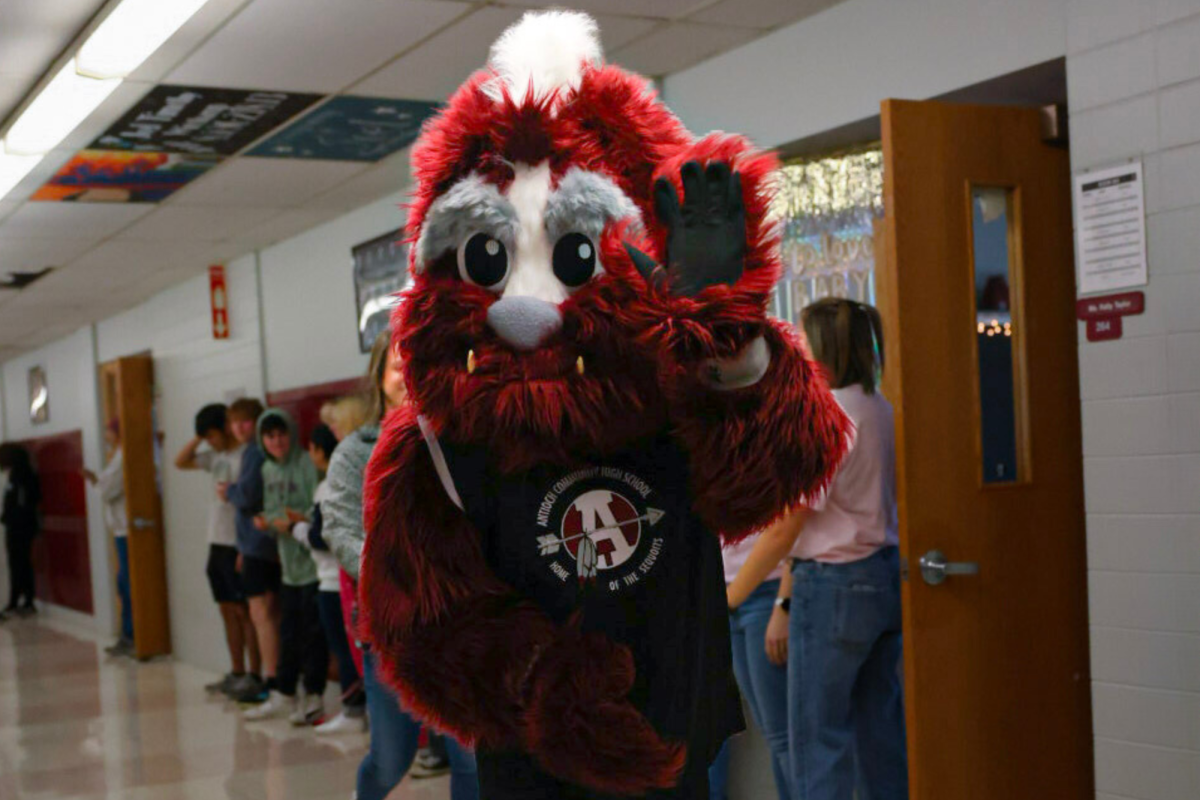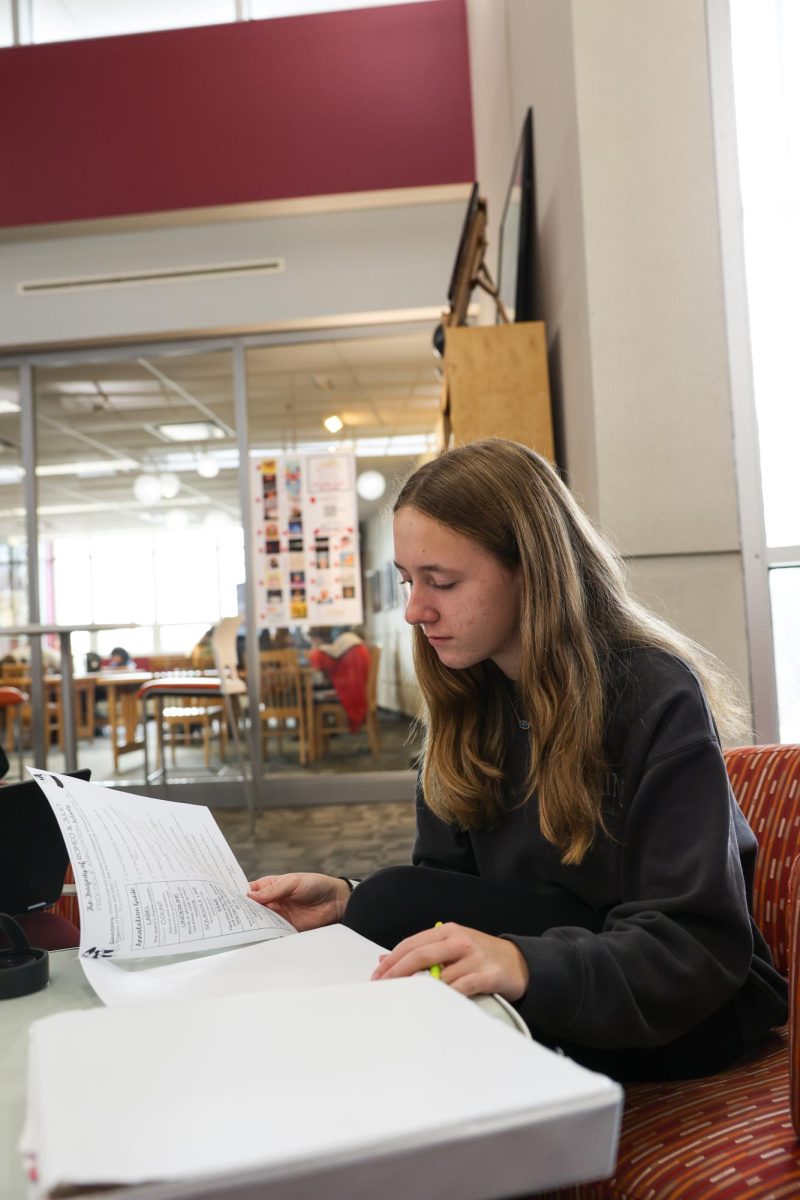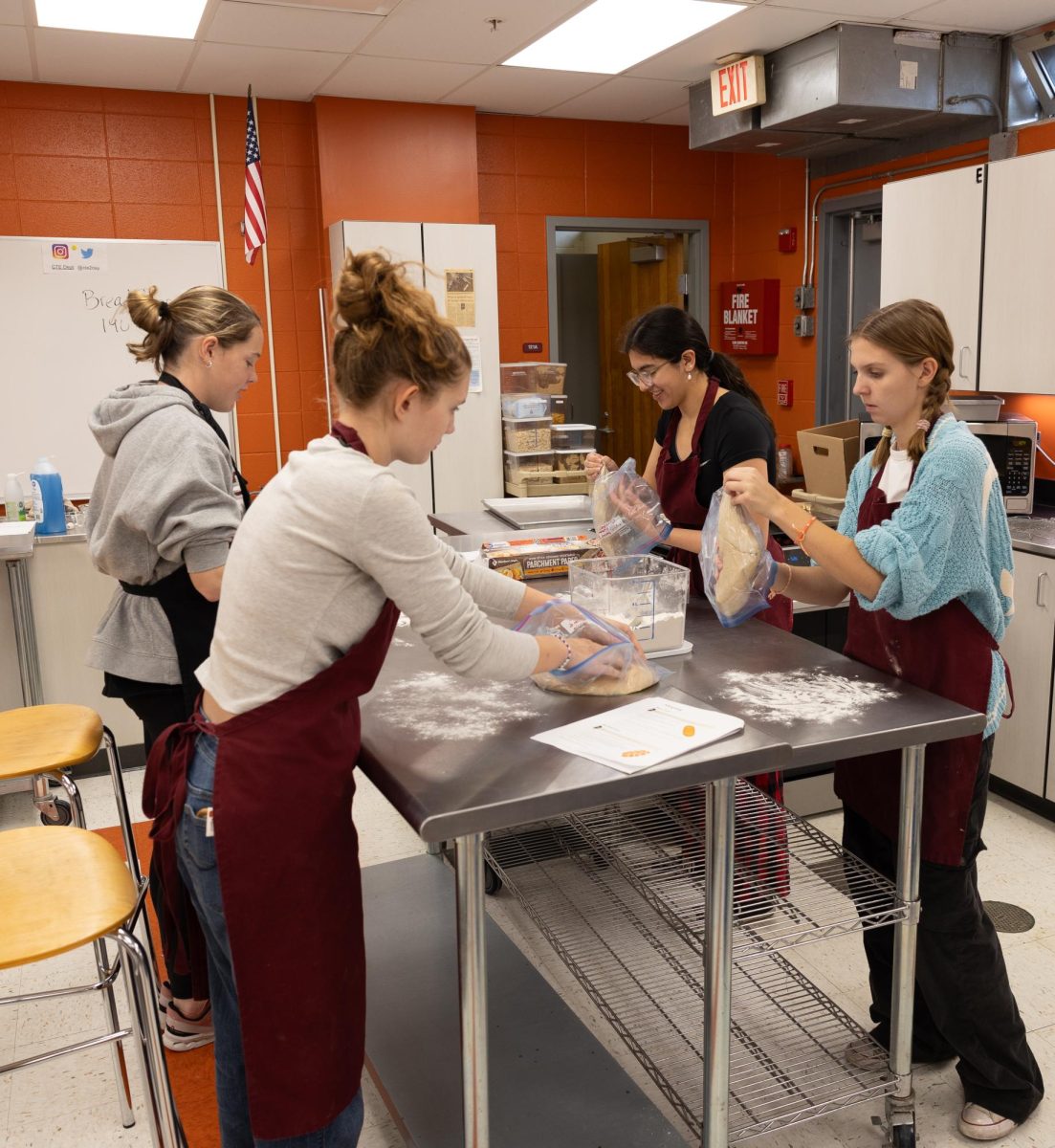The Antioch Travelling Closet is a well-known business in the small village of which it resides. The business is all about giving necessities to families in need; this business has brought in plentiful amounts of clothing, food and self-care products. However, the business has felt inaccessible to students as they grow older, so special education teacher Kara Bolton had the ingenious idea of having the closest travel to high school students. With this as her priority, Bolton has helped to bring the ATC into Antioch Community High School. Despite her major involvement, Bolton wants to emphasize that this is a community project, not an individual one.
This idea came to Bolton thanks to one of her students and the helping hands of the ATC. She realized that students are always in need of things, whether it be extra help in one subject or a pair of socks; with that, she came to form her hard-set belief that if one student needs something, then others need it, too.
With the help of many people, including ACHS special education Emily Sobczak, the rest of the special education department, the entirety of the admin and guidance department, and, of course, Lisa Fisher, creator of the ATC, the mobile closet was put into action.
“Having essential items available at school can help students who may not have any other means of getting them,” Bolton said. “We realize parents work, not everyone drives, and family situations are different for everyone. Sometimes, you just need a little help, and other times, you need a lot of help.”
These niceties are extended to everyone in the school; however, those students who are privileged enough not to need the extra support are encouraged to donate and support the mobile ATC. The mobile ATC is located in office 239 of ACHS, which is also where students and staff are asked to drop off their donations. They hope to improve their closet in both accessibility and the number of items in their stock.

“If a student wants to donate, they are welcome to talk to one of us or work with ATC; volunteers are often needed to help organize [the closet],” Bolton said.
They are looking for basic hygiene products, such as deodorant and laundry detergent, and especially with cold temperatures on the rise, students and staff are encouraged to bring in hats, coats and/or gloves. Students are encouraged to have those hard conversations, which force them into a vulnerable position, with their peers and trusted staff members when they require an extra set of helping hands. When a student is uncomfortable with approaching this conversation with their peers, the best thing they can do is continue to support and help their friend in need.
The mobile ATC is also requesting that people bring in non-perishables as people have been requesting that food options be available to them.
“If a student or staff knows of anyone who is in need of basic living essentials, we will be putting flyers up with a QR code to request help,” Bolton said. “This program is intended to promote community and not make anyone feel embarrassed or uncomfortable. It’s simply to make necessities available in times of need.”
If students are able to donate, it is the hope of many, including the volunteers putting their time into this organization and those in need, that they will. ACHS aims to break down any stigma surrounding lower-income families, and that starts with helping them.




